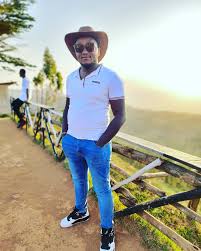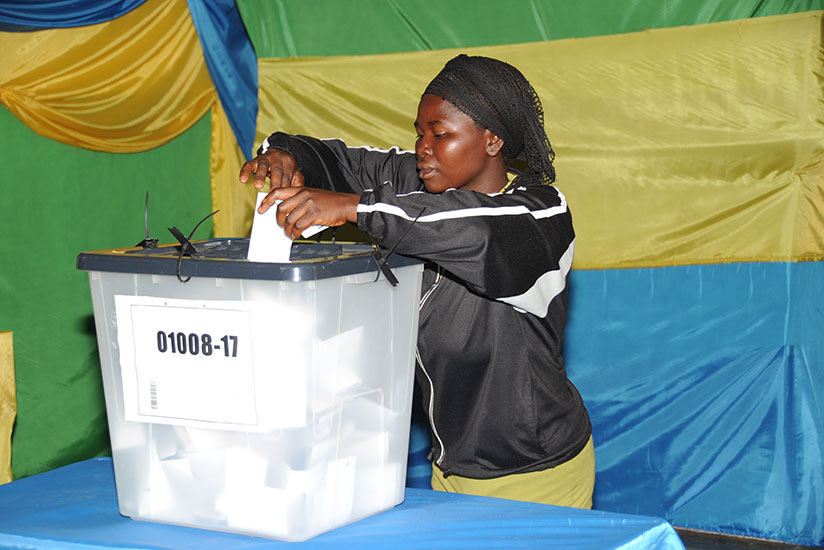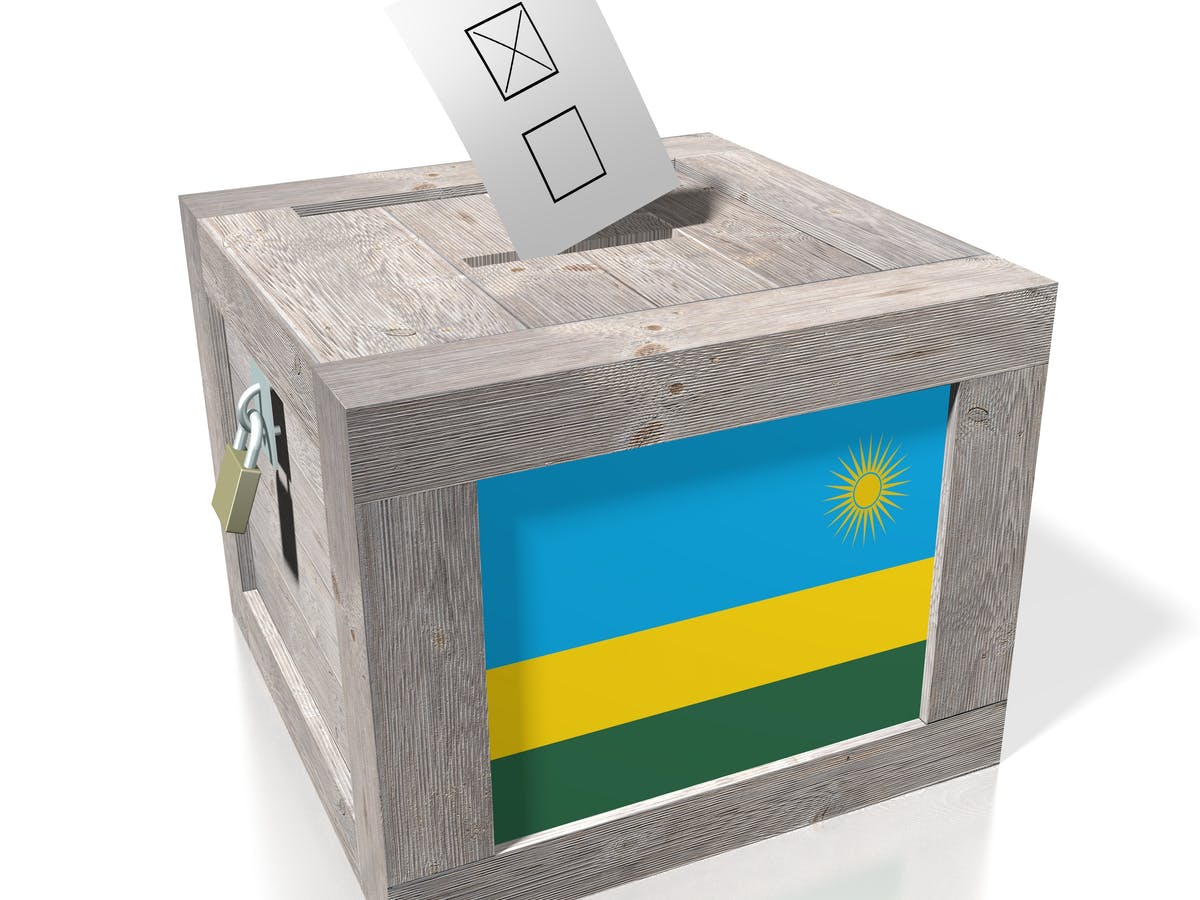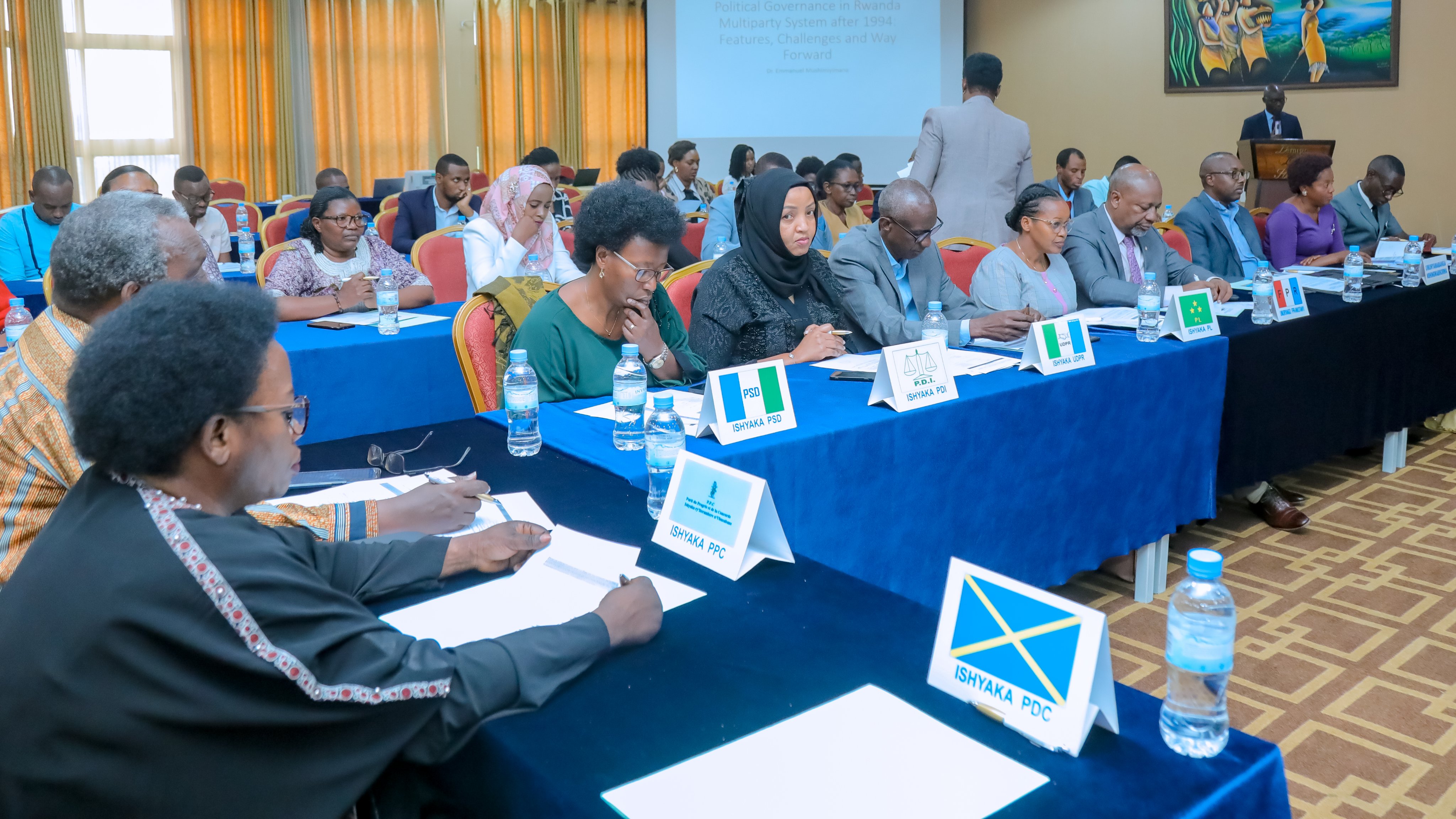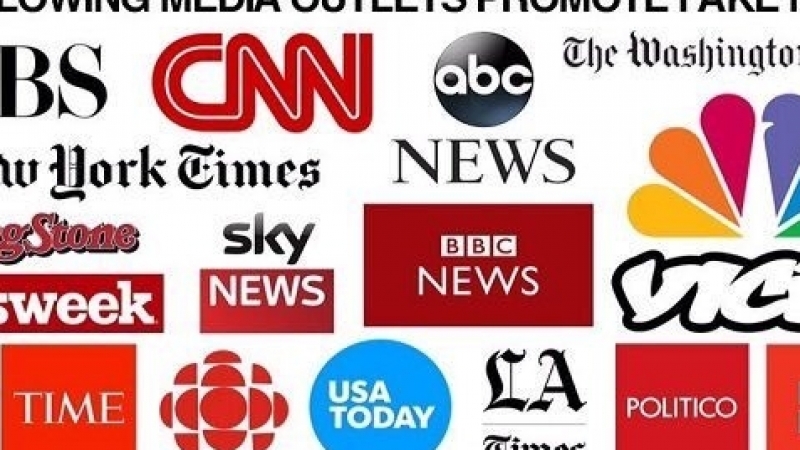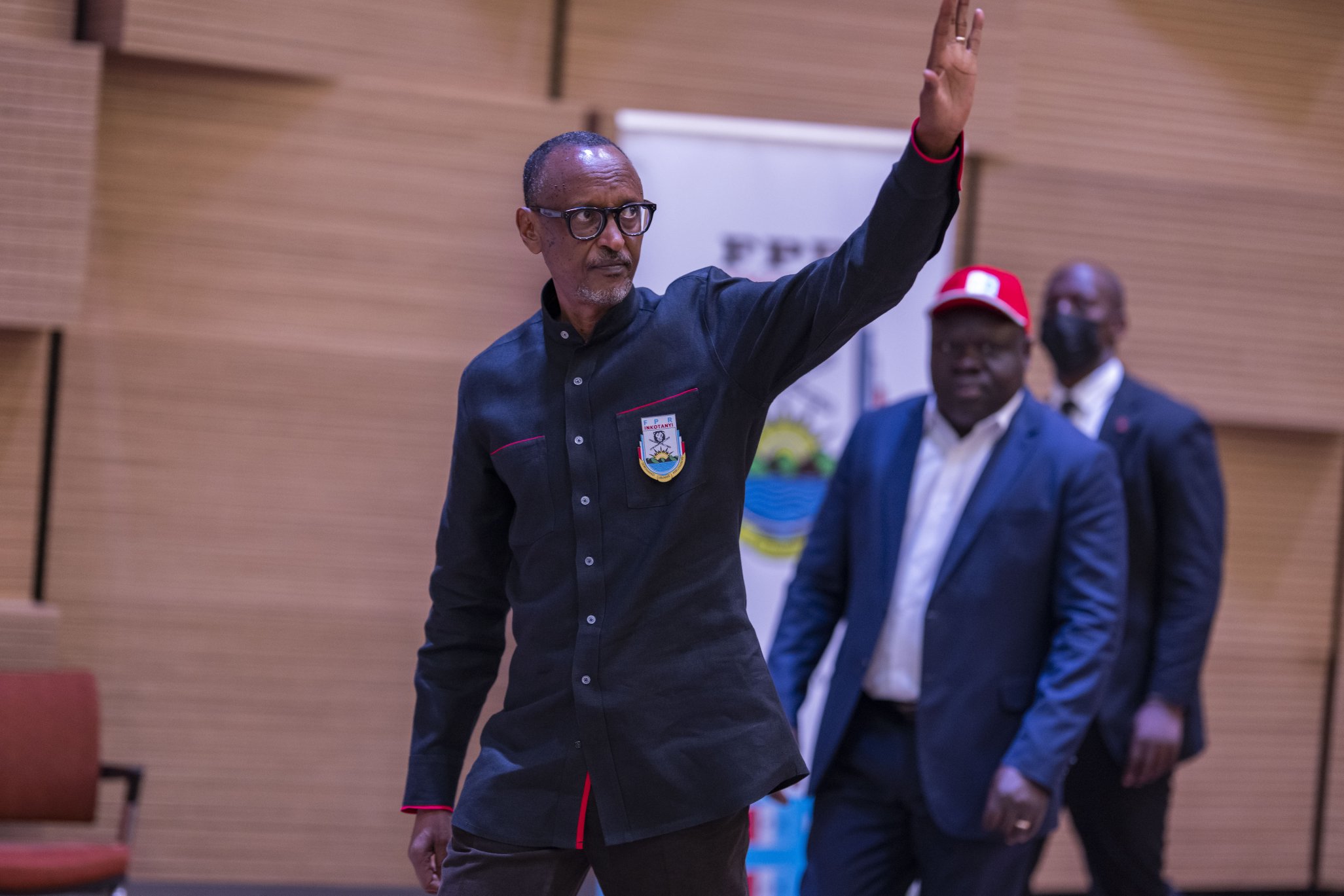Regional
Why Rwanda’s elections are not chaotic
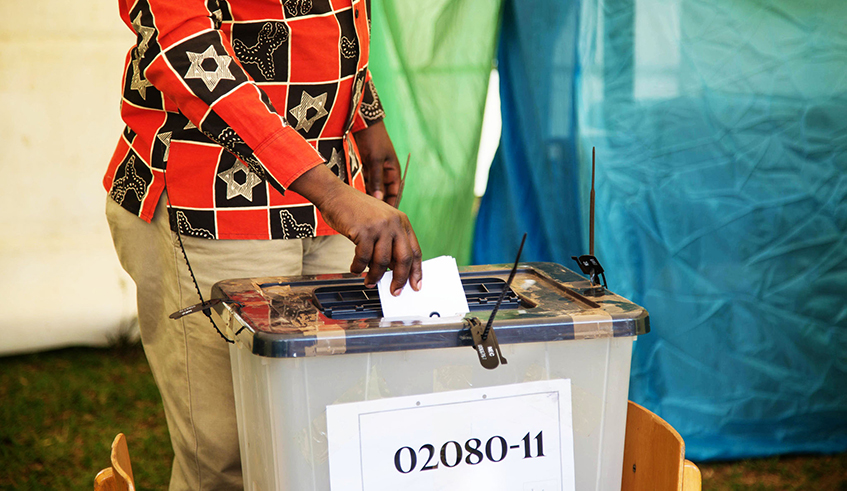
A man casts his vote in a past election in Rwanda.
On July 15, Rwandans are set
to head to the polls to elect their president and members of Parliament. For
the first time, the presidential and legislative elections will be held on the
same day. With only two months to vote, there is no violence or civil unrest.
This has not come as an
accident. The Rwandan government led by President Paul Kagame worked hard to
achieve this. It is also an upshot of lessons learnt from the country’s tragic
past.
Rwanda experienced one of
the worst tragedies in 20th century; the
1994 Genocide against the Tutsi. Being able to recover from that dark time was
a significant lesson for Rwandans and it cannot be taken for granted.
As people who witnessed
insecurity and violence, Rwandans can never leave any gap for anyone intent on
taking them back to that kind of darkness and unrest.
All Rwandans are well aware of
the consequences of turmoil and political confrontations. Therefore, every
Rwandan feels the responsibility to keep the country and its people safe, even
during elections.
Rwandans understand the real
meaning of peace. Rwanda’s way of governance prioritizes the development of
Rwandans before anything else.
Rwanda has developed its own
political model that brings peace and harmony among Rwandans. Outsiders should
understand this and not condemn Rwanda for not subscribing to the Western
‘political rule book’.
Rwandans chose to put the
turbulent past behind and build a prosperous, united and peaceful country. That
is the reason why there is no confrontation among political parties during
political campaigns and elections.
All registered political
parties in Rwanda are represented during elections, despite some Westerners'
claims that there is no political space in the country, yet Rwanda has more
political parties than the US and UK combined.
The motive behind this Western
narrative is to tarnish the image of Rwanda, ignoring the fact that there is no
political model or democracy that is universal.
After consultations, Rwandans
from all walks of life, including politicians and civil society members mainly
through the 1998–1999 “Urugwiro debates” unanimously agreed to subscribe to
consensual democracy as an alternative to confrontational politics, which had
sunk the country into the Genocide against the Tutsi.
The National Consultative
Forum for Political Organizations (NFPO) was established with the idea of
promoting permanent consultative mechanisms among political parties and
organizations.
Consultations among political
actors is democratic and safeguards against major contradictions that result
into confrontation and violence.
The NFPO works as a platform
where political organizations recognized in Rwanda meet and discuss the
country’s problems and national policies, with an aim of consensus building and
national cohesion.
The aim is to avoid past
mistakes and build a better Rwanda. Through the NFPO, political actors discuss
national policies; agree on a minimum agenda where national security and unity
cannot be compromised. Again, all political actors must individually and collectively
fight against genocide ideology and all its vices.
During elections, Rwandans are usually in a celebratory mood.


